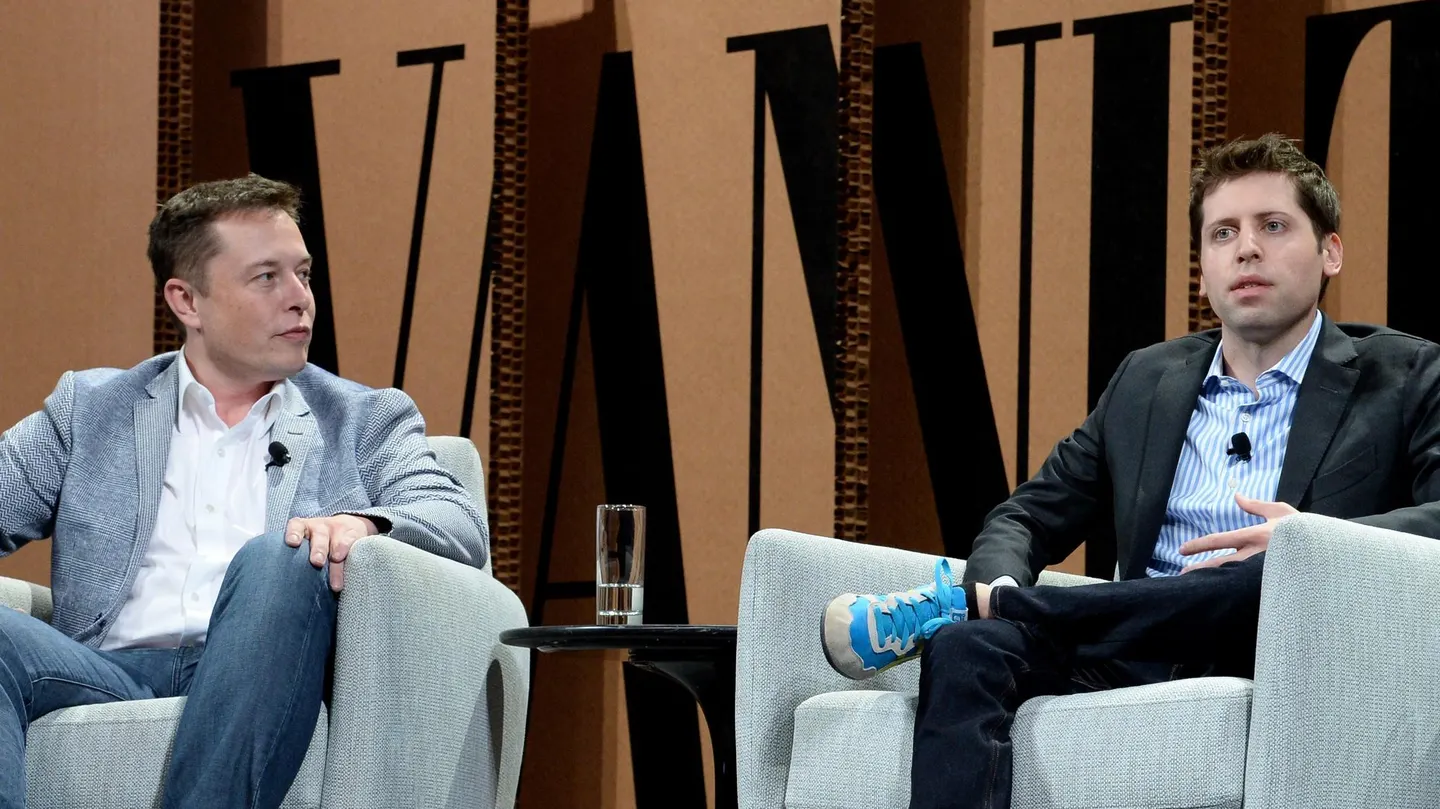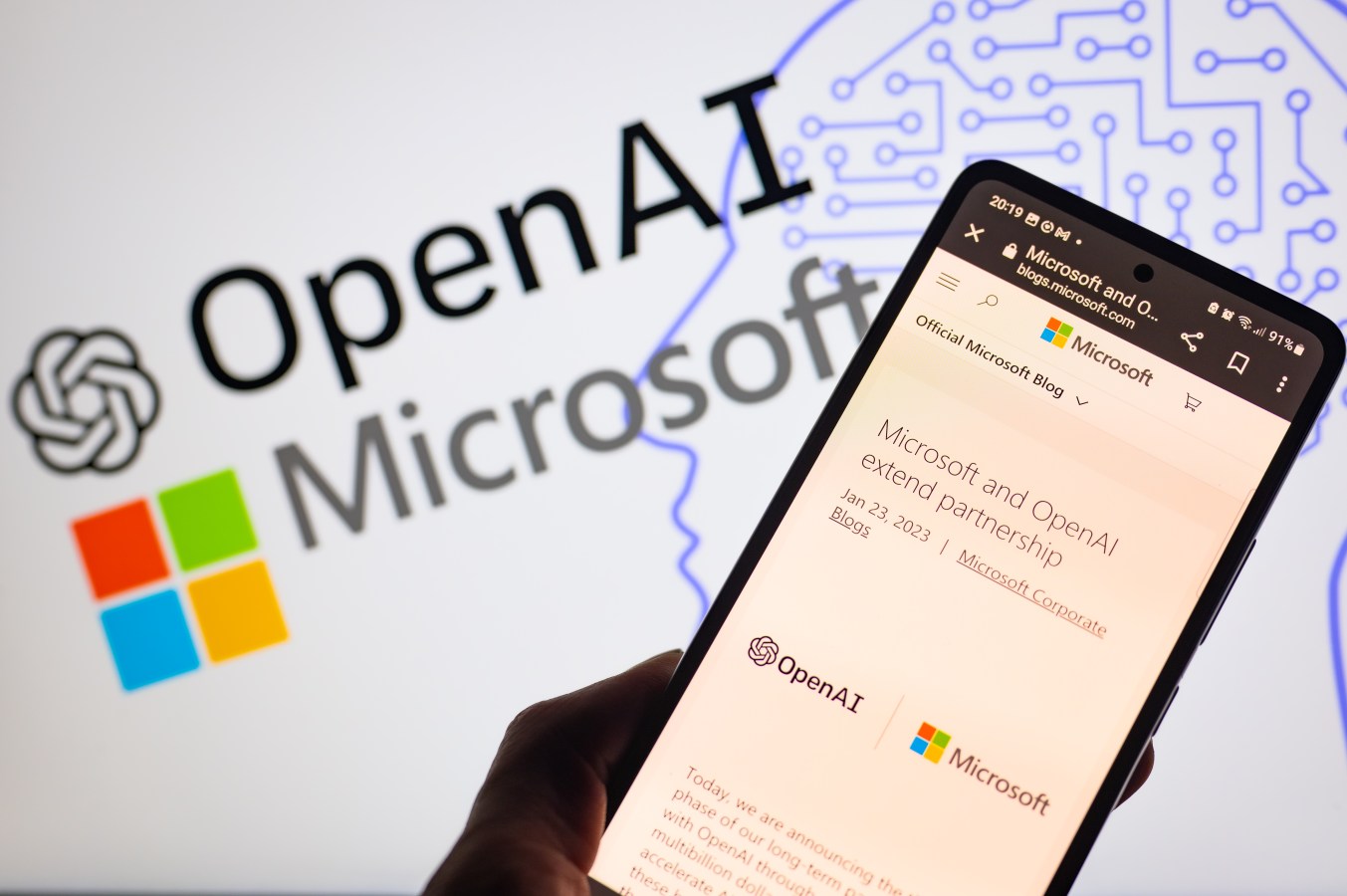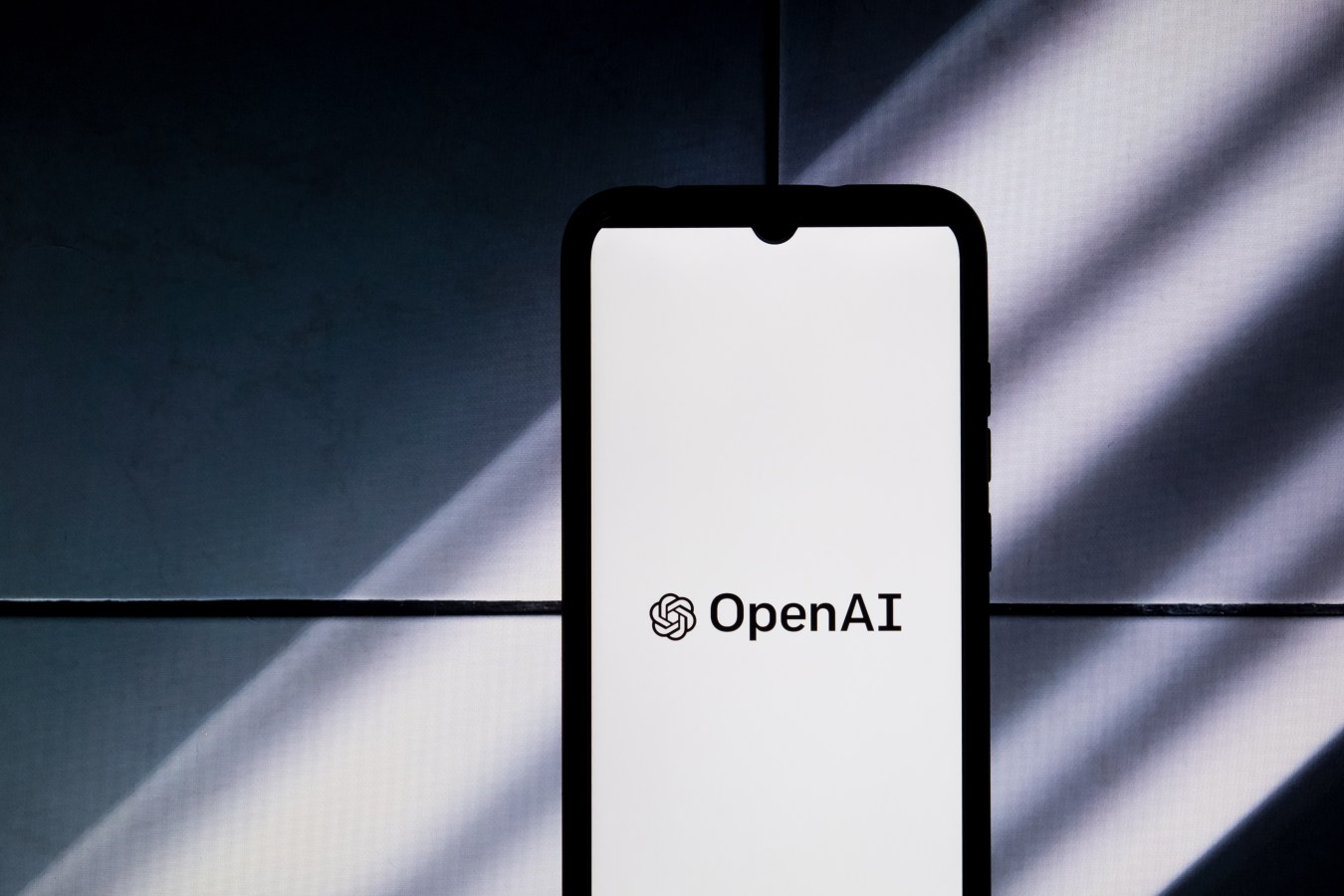OpenAI announced Thursday a new generative AI model named Sora that’s able to create videos up to a minute long from a simple text prompt, though the flashy addition to OpenAI’s offerings doesn’t have a release date yet.

OpenAI hasn’t made the AI model public yet. (Photo by Jakub Porzycki/NurPhoto via Getty Images)
NurPhoto via Getty Images
Key Takeaways
- The videos generated by Sora feature “highly detailed scenes, complex camera motion, and multiple characters with vibrant emotions” according to OpenAI, which tweeted a string of Sora-generated videos including a stylish woman walking down a Tokyo street and a mock movie trailer.
- OpenAI emphasised it will have to complete safety steps before making Sora publicly available, noting the AI model is being “adversarially” tested by experts from areas such as misinformation, hateful content and bias.
- OpenAI also explained Sora’s shortcomings on its website, adding it may struggle with simulating the physics of a complex scene and might not understand instances of cause and effect.
- Sora might also have trouble with spatial details from certain prompts, according to OpenAI, which provided an example of the model confusing left and right or struggling with precise camera trajectories.
- OpenAI, which has been subject to multiple copyright lawsuits from writers and the New York Times, said it will engage policymakers, educators and artists to understand their concerns.
- OpenAI didn’t immediately respond to Forbes’ inquiry about Sora’s potential release date.
Key Background
OpenAI is on a streak of announcing developments to its AI offerings, as the company recently announced it’s testing a new feature that will allow ChatGPT to memorize users’ voices and previous chats. Users will be able to control what information the chatbot can store about them. The development and training of OpenAI’s AI models, which will eventually include Sora, have become the crux of multiple legal battles the company is involved in.
A district court judge ruled this week to uphold an unfair competition claim made by authors including Sarah Silverman and Christopher Golden accusing OpenAI of not obtaining permission to use their copyrighted books for profit. The authors claim they have evidence of “direct copying” of copyrighted books that OpenAI allegedly used to train its AI language models.
This article was first published on forbes.com and all figures are in USD.


